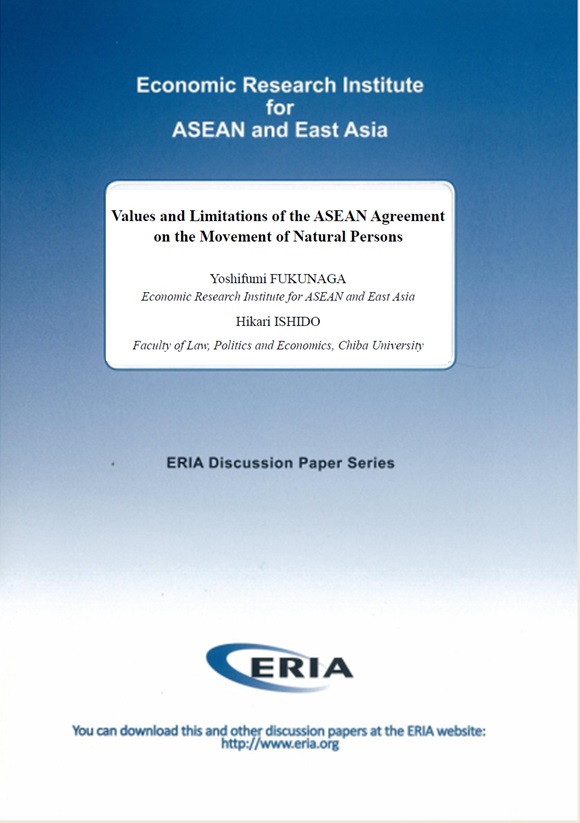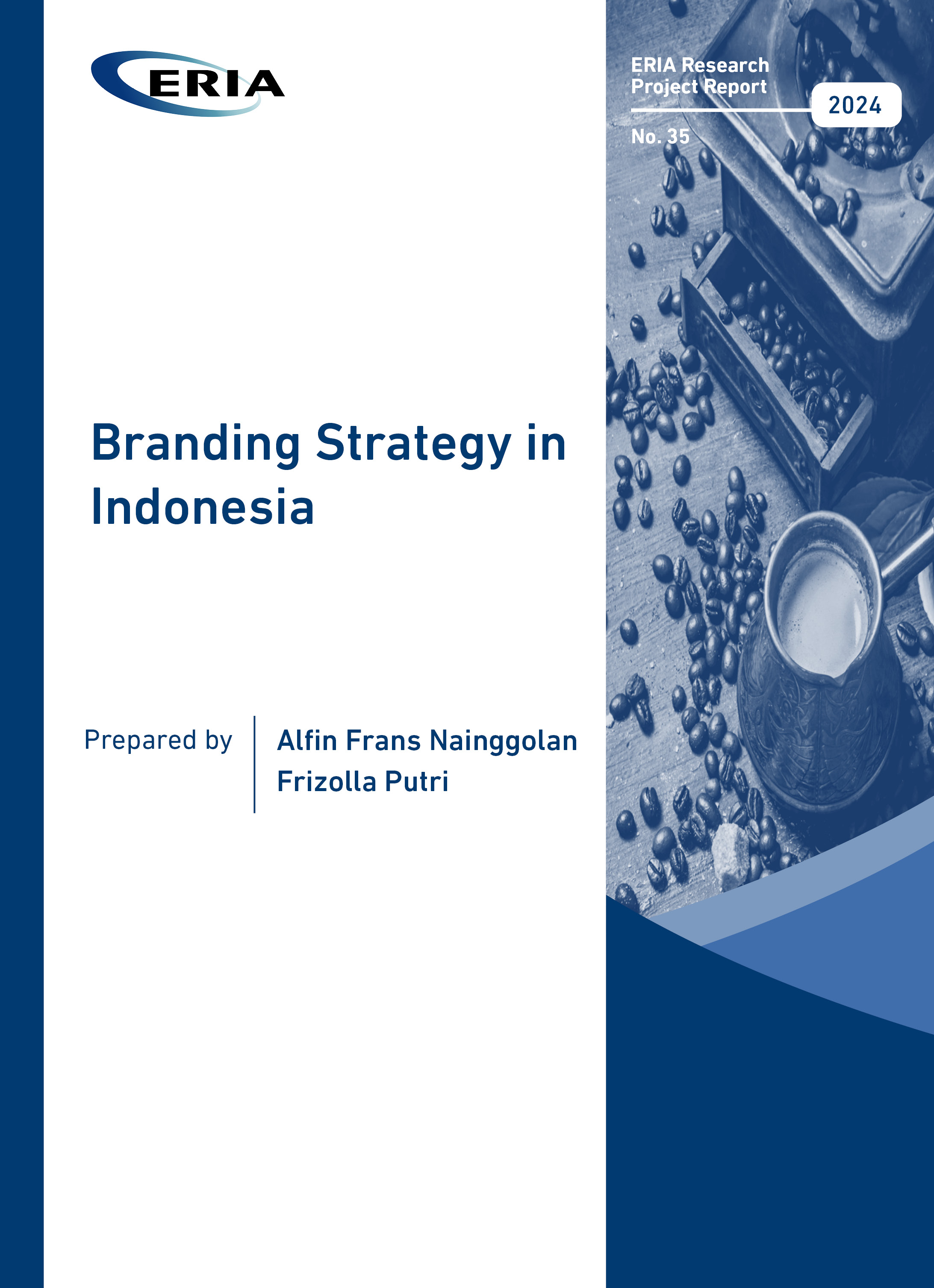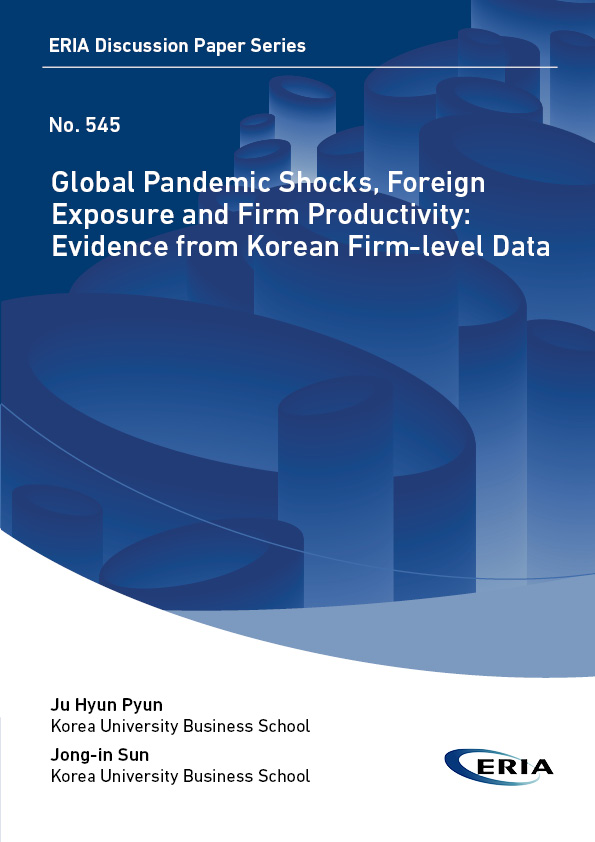Value and Limitations of the ASEAN Agreement on the Movement of Natural Persons

Date:
19 March 2015Category:
ASEAN, Labour and MigrationType:
Discussion PapersTags:
Labour and MigrationPrint Article:
ASEAN Economic Ministers signed the Agreement on the Movement of Natural Persons (MNP) in 2012. This is a new instrument potentially facilitating the free flow of goods, services, investment, and skilled labour, thus contributing to the establishment of an ASEAN single market and production base. The objective of this paper is to assess the benefits and limitations of this new instrument. The MNP Agreement is an independent Mode 4 services agreement. Actual commitments cover business visitors (seven ASEAN Member States, or AMSs), intra-corporate transferees (all the AMSs), and contractual services suppliers (three AMSs). In general, the commitments add value to predated agreements (namely, AFAS 8 and AANZFTA) for many AMSs in terms of wider sectoral coverage and/or new categories of commitment. However, the commitments vary widely across countries regarding sectoral coverage, committed categories of MNP, and lengths of initial periods of stay. A stand-alone MNP Agreement may result in Mode 4 commitments inconsistent with Mode 3 commitments. Furthermore, the current agreement does not cover non-services sectors at all.




